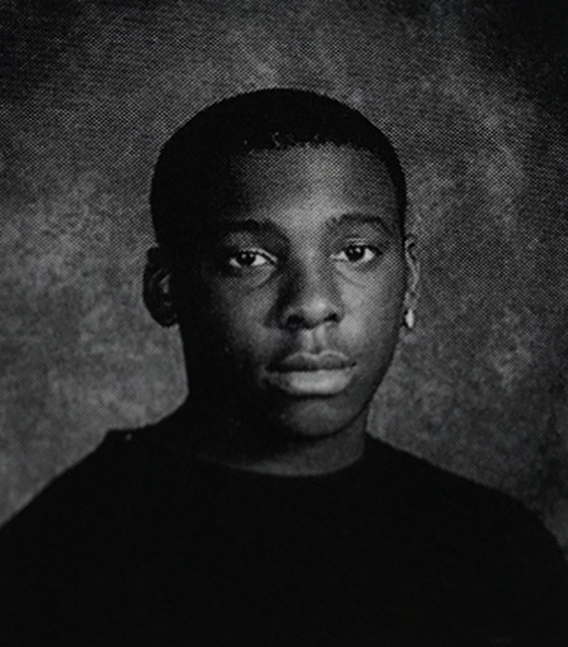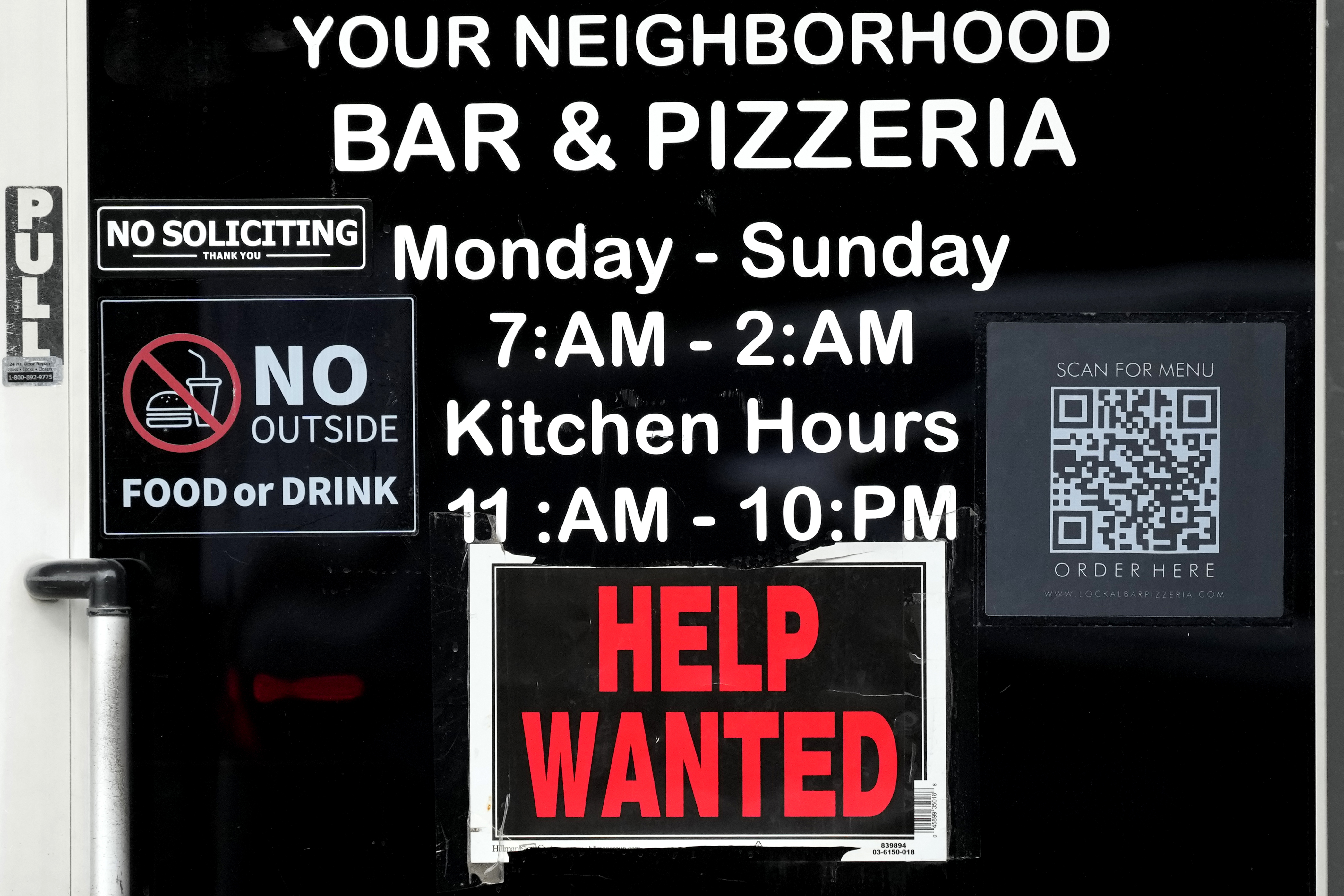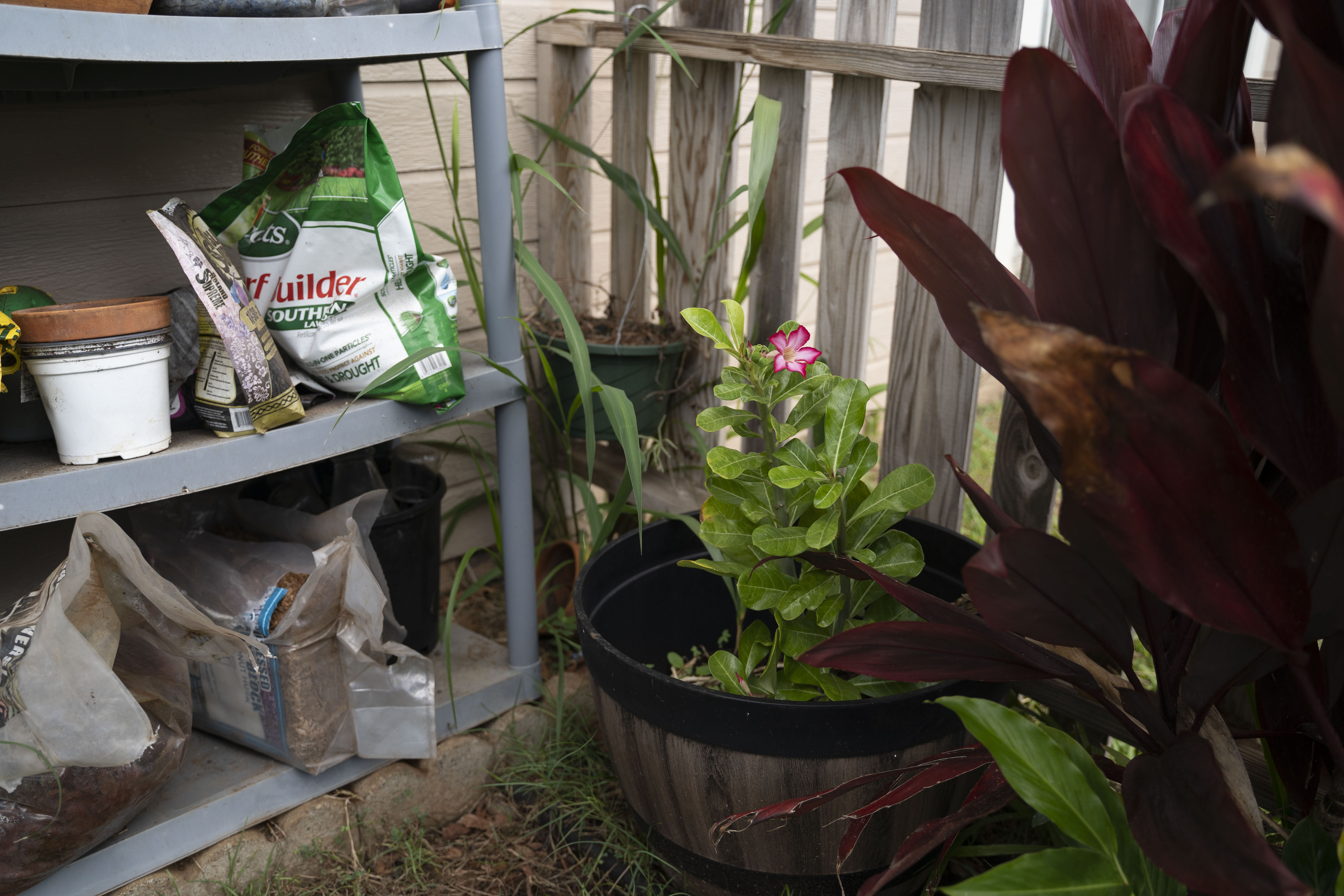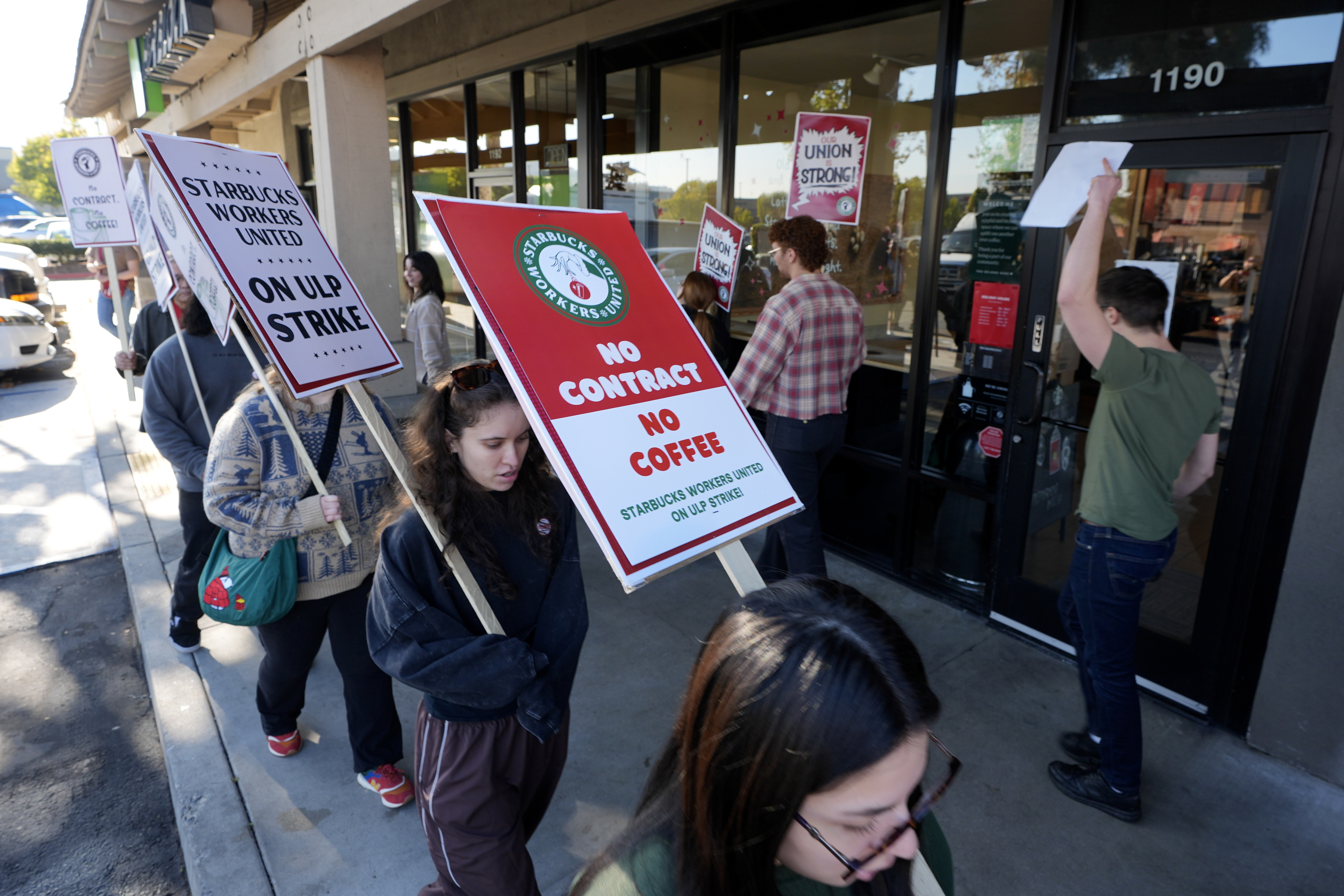NORFOLK, Va. (WAVY) – Shaka Harrell was a normal kid. The teenager spent his days playing with his pit bull, hanging out with friends, attending classes at Maury High School and working at a pizza joint to make spending money.
Then, without warning, he was forced to grow up quickly.
“This shouldn’t have never happened,” Harrell said. “16-years-old. They had me in jail back then.”
Harrell didn’t know about the violent attack that happened in his neighborhood on Jan. 9, 2008. He had picked up an extra shift at Cal’z Pizza that day and was in the kitchen flipping pies when a group of Norfolk detectives asked to speak to him.
“They took me outside, put me in cuffs, put me on the ground,” he said. “I kept asking, ‘What are y’all doing? What is this for?'”
Harrell got answers to those questions in a police interrogation room. Officers said two teenage girls were abducted while walking to their bus stop on Verdun Avenue and sexually assaulted at gunpoint behind a shed. Detectives believed Harrell was their attacker.
“I’m like are you kidding? I didn’t do this. That’s when I think it sparked up,” Harrell said. “I’ll take a DNA test. I’ll take a lie detector test. I’ll take any type of test on this earth to prove I didn’t do this. [The detective was] like, well a lie detector test can be beat. And I’m like, well what about a DNA test?”
Police did take a sample of Harrell’s DNA, but the teenager’s proclamations of innocence met deaf ears. Detectives charged Harrell with raping, abducting and sodomizing the girls.
A judge quickly decided to try him as an adult, and he was moved to a maximum security cell at the Norfolk City Jail.
“I couldn’t believe I’m sitting in this van,” Harrell said. “I’m like, I’m going to jail today. I get in jail, it was like a different world. I ain’t never seen nothing like that in my life.
“I had one guy fight me. I didn’t even know the guy. He fought me because his mother was raped before.”
It took two months for the DNA test to come back. Test results showed Harrell was telling the truth: His sample was not a match for DNA left behind by the attacker. The teenager was released from jail March 6, 2008, and 10 On Your Side met him at his home and interviewed him.
“It just feel better to be outside, to know that I ain’t got to keep waiting, cause when you’re in there, all you got is time on your hands,” he said in 2008.
Harrell returned to Maury High School after he was released, but it quickly became clear that some community members thought he was guilty.
“Death threats. I’m getting weird emails,” he said. “I’m getting weird messages on Facebook, Myspace. I’m getting weird calls, people I don’t even know had my number.”
Fifteen years have passed since Harrell was released from jail, and a lot has changed in his life. He dropped out of high school and moved to Philadelphia, trying to escape the stigma of being wrongfully accused of rape.
“That whole situation changed my life. I ain’t gonna lie, it changed my life,” he said. “It took me out of a good predicament where I was in Virginia. Philly (was) just like struggle, struggle, struggle, struggle.”
A lot has changed in the Norfolk Police Department’s investigation of the case, too. Police arrested William Lionelle Phelps IV in October and charged him with 10 crimes connected to the January 2008 sexual assaults. Police called Phelps a “serial rapist” and believe he may be connected to other attacks in Norfolk and Chesapeake.
Harrell heard about the arrest when a friend posted a news article on Facebook.
“I don’t know the guy,” Harrell said. “I don’t want to know the guy. I don’t. I’m just happy my name is cleared.
“I didn’t want anything to do with it from the beginning, but I had everything to do with it because of false accusations.”
Eyewitness identification
It didn’t take Norfolk police long to focus on Harrell. He was arraigned in Norfolk Juvenile and Domestic Relations Court on Jan. 10, 2008 and left behind bars to wait on DNA test results.
“I’m waiting on the DNA. Nobody has a due date for it,” he said. “How long does this take? And they was like, it could take months. It could take weeks. It was bad.”
In a 2008 press release, Norfolk detectives touted Harrell’s arrest as the result of an “extensive investigation.”
“These people pointed you out. This crime was committed. You going to jail,” Harrell said.
Harrel doesn’t know how his name originally came up to detectives, but he does know the evidence they had against him: Eyewitness identification. The victims told police their attacker was a Black male with a white t-shirt over his face. The only feature they could see was his eyes.
“I got regular eyes,” he said. “So if you lined me up with five dark-skinned people and just showed this you’re telling me you’re gonna pick me? They mix it up and line it up? No. I didn’t believe it.”
The victims did not pick Harrell out of a standard suspect line up. Norfolk police have specific procedures for putting lineups together that help officers avoid being suggestive in the process. Instead of following that protocol, Harrell said detectives showed the victims his picture in his high school yearbook.

“[The detectives] was moving too fast,” Harrell said.
“Everybody look at First 48. Everybody look at Bad Boys, Cops. Everybody watch TV, so we know you don’t pick somebody out of a yearbook,” he said.
According to The Innocence Project, mistaken eyewitness identifications contributed to about 69% of more than 375 wrongful convictions since 1989, those wrongfully accused of crimes exonerated – like Harrell – by DNA.
Harrell said he’s glad the charges against him were dropped before he became a statistic.
“Do you know how many people get out of jail every year? Oh, DNA cleared this man. DNA cleared this man,” Harrell said.
“I’m just glad this is not 10 years, 30 years from now, DNA clearing his man,” he said.
Norfolk police declined to be interviewed for this story, citing pending litigation against Phelps as the reason.
Norfolk Commonwealth’s Attorney Ramin Fatehi could not comment on Harrell’s previous case, but did share reforms he’s made since taking office last year to protect juveniles. Now, prosecutors cannot discretionarily try juveniles as adults. Instead, those cases must be reviewed by the deputy Commonwealth’s attorney in charge of juvenile cases and Fatehi himself.
“I put it in place because people under the age of 18 are simply not fully adults in the same way that people over the age of 25 are,” Fatehi said. “We must make sure that we exhaust every possible option for a juvenile before we subject them to the punishments and environment of adults. Doing otherwise risks doing harm to the juvenile and making it more likely that the juvenile will reoffend in the future, not less.”
A new suspect
Harrell’s DNA wasn’t the only evidence that didn’t match what detectives found on the scene in 2008. Police found a single fingerprint on the shed where the girls were assaulted. It was that fingerprint that would lead police to arrest Phelps in October 2022.
“They had a fingerprint the whole time and still had me in custody. That’s crazy,” Harrell said.
Phelps had no adult criminal record when he allegedly lied on a form while trying to buy a gun in Virginia Beach in May 2022. He allegedly lied about having been previously involuntarily committed, according to court records.
Phelps was arrested in August and charged in Virginia Beach with making a false statement on a criminal history consent form and attempting to possess a gun after being involuntarily committed. A fingerprint taken during his arrest matched with a print found on Verdun Avenue.
Police took Phelps’ DNA, and it was also a match to the sexual assaults on Verdun Avenue. DNA also linked Phelps to other sexual in Norfolk between Jan. 2, 2008 and October 23, 2008 and an attack in Chesapeake in 2007.
Phelps is facing 10 charges connected to the Verdun Avenue sexual assaults. He hasn’t been charged in connection to any other crime.
Detectives also discovered that Phelps’ home address was on Argonne Avenue, just a few blocks from the Jan. 9, 2008 attacks. In 2008, investigators discovered that a man known as “Monk” was seen at a home near Verdun Avenue on the morning of the rapes. Police later discovered that Phelps went by “Monk” on Facebook.
Harrell is hopeful that Phelps’ arrest will provide peace for the victims who were assaulted that day.
“I hope they can find closure. I hope they moms can find closure,” he said.
“When that came up, that put some closure to it. I’m like ok, everybody knows it wasn’t me. This is for sure, for sure. Even though it should have been for sure, for sure after the DNA,” he continued.














































